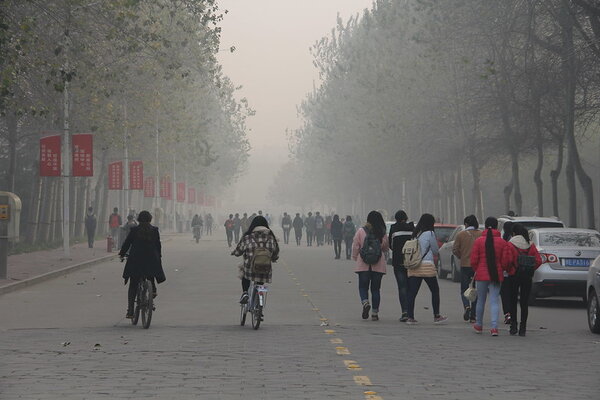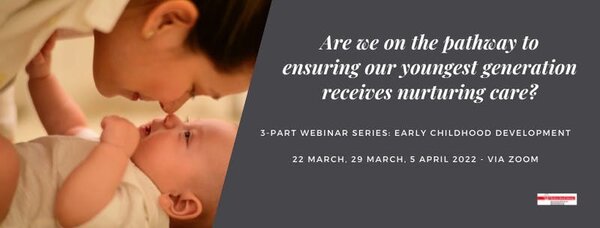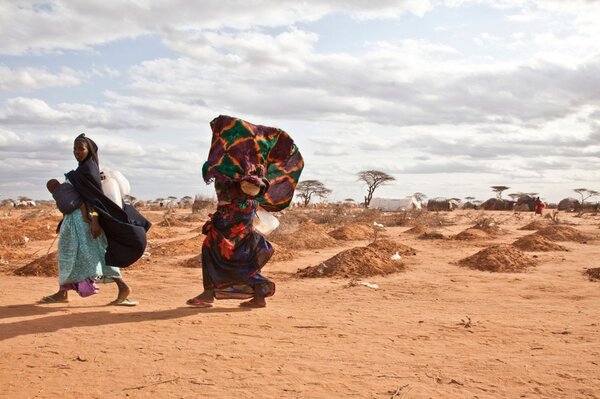Die teilweise verheerenden Gesundheitskonsequenzen von Teenageschwangerschaften sind bekannt. Warum haben wir also immer noch so hohe Raten an Schwangerschaften bei jungen Mädchen zu verbuchen? Zum einen ist der fehlende Zugang zu Verhütungsmitteln dafür verantwortlich, aber auch das Unwissen bezüglich der Konsequenzen solcher Ereignisse. Die sozialen Normen und kulturellen Strukturen verhindern in vielen Ländern, dass junge Frauen vor frühen Schwangerschaften geschützt werden. Die Pandemie hat die Verheiratungsraten von jungen Frauen im globalen Süden in die Höhe schnellen lassen und unweigerlich zu einer Zunahme der «Teenage pregnancies» geführt. Sind dies nun gewollte oder ungewollte Schwangerschaften? Kann ein Mädchen sich dem Kinderkriegen verweigern, wenn es Gefahr läuft, von der Familie ausgestossen zu werden? Wie gehen wir mit solchen sozialen Normen um? Welche Rolle spielen Männer in diesem Kontext? Welche Verantwortung kommt ihnen zu?
Laut dem neuesten Report The State of World Population 2022 “Seeing the Unseen: The case for action in the neglected crisis of unintended pregnancy”, in der letzten Woche publiziert wurde, wird es nochmals 160 Jahre dauern, bis Mutterschaft im Kindesalter beendet sein wird.
Ein brisantes Thema, das wir an der kommenden SRHR Konferenz in Bern am 18. Mai 2022 diskutieren und mögliche Lösungsvorschläge zur heutigen Lage präsentieren werden.
Wir freuen uns, Sie an unserer Konferenz im Mai persönlich begrüssen zu dürfen!
JETZT ANMELDEN!!
Carine Weiss
Netzwerk Medicus Mundi Schweiz
E-Mail




































